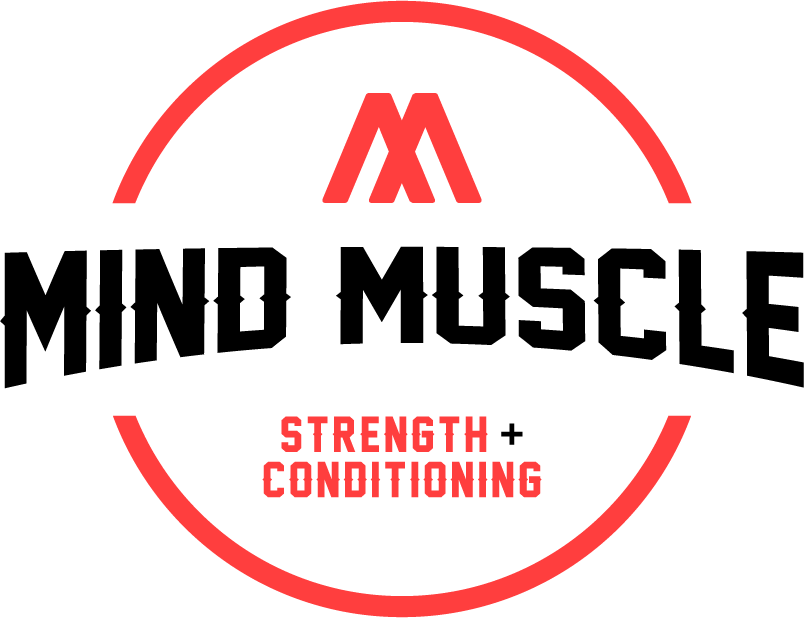Does Insulin Stop You Burning Fat?
MODULE 4 Foundations of Evidence-Based Nutrition
Unit 3 - The Role Of Carbohydrates In Health And Performance
Insulin is labelled (incorrectly) by many people as the primary cause for increases in, and difficulty to lose, body fat.
However, insulin is not the enemy of fat loss. And in the lesson, you're going to discover exactly why.
The insulin argument:
Proponents of the "insulin makes you fat" argument attest that carbohydrates cause spikes in insulin levels.
The rise in insulin causes your body to switch off the fat burning process, while insulin levels are managed.
Therefore, if you didn't eat carbs, this fat burning process would NEVER be switched off, turning you into a fat-burning furnace.
Here's the truth...
Insulin DOES reduce fat oxidation (ie fat burning).
But this doesn't really matter.
Over the course of the day, if you remain in a calorie deficit (with matched protein intake) the rate of fat loss will be the same, whether you are consuming a low carb or low fat diet.
Think about it this way. If you are consuming a low carb diet, by definition you are consuming more fat.
Therefore, if you don't maintain a calorie deficit, your body will only burn the fat you eat, rather than tap into your stored body fat.
If you want the science, here are a few studies comparing a variety of diets.
“Significant weight loss was observed with any low-carbohydrate or low-fat diet.” (Johnson et al, 2014)
“All diets resulted in significant loss of body fat and weight over six months. Groups did not differ significantly but the loss of body fat and weight was greater in all groups compared with the control group.” ( Truby et al, 2006) (PubMed Link)
“Weight loss at 1 year was 2.1kg for Atkins, 3.0kg for Weight Watchers, and 3.3kg for Ornish.” (Dansinger et al, 2005) (PubMed Link)
"But insulin makes your feel more hungry."
The low-carb zealots you may have come across may also tell you that the increased insulin levels caused by carbohydrate consumption lead to elevated feelings of hunger, thereby causing you to eat more.
But, as you might have guessed, the research tells a different story.
The effects of high-carbohydrate vs high-fat breakfasts on feelings of fullness and alertness, and subsequent food intake. (Holt et al, 1999) (PubMed Link)
"The results confirm the relatively weak satiating power of fat-rich meals observed in controlled laboratory-based studies and indicate that a high-fibre, carbohydrate-rich breakfast may assist weight control efforts by maintaining fullness."
The acute effects of four protein meals on insulin, glucose, appetite and energy intake in lean men. (Pal & Ellis, 2010) (PubMed Link)
"Whey protein meal produced a greater insulin response, reduced appetite and decreased ad libitum energy intake at a subsequent meal compared with the other protein meals, indicating a potential for appetite suppression and weight loss in overweight or obese individuals."
“But insulin traps fat in your fat cells!"
Another alarming notion you may have heard from certain sectors of the internet.
But, once again, the research doesn't support the notion. In obese populations, we see increased free fatty acid release from fat tissue, compared to lean people, despite elevated insulin levels.
Influence of body fat distribution on free fatty acid metabolism in obesity. (Jensen et al, 1989) (PubMed Link)
And a final word on dairy.
In the insulin debate, the focus is generally toward carbohydrates, but many high protein foods spike insulin too, yet are not categorised as "bad" in the same way.
Dairy is one such example. Here's the research study to show this.
Glycemia and insulinemia in healthy subjects after lactose-equivalent meals of milk and other food proteins: the role of plasma amino acids and incretins. (Nilsson et al, 2004) (PubMed Link)
And we also know that calorie-controlled diets containing dairy actually elicit greater weight loss.
"inclusion of dairy products in energy-restricted weight loss diets significantly affects weight, body fat mass, lean mass and WC compared with that in the usual weight loss diets."
(Arbargouei et al, 2012) (PubMed Link)
Bottom line. Unless you have a specific medical condition that requires you to, don't worry about your insulin levels.
Focus on your calorie deficit instead.
